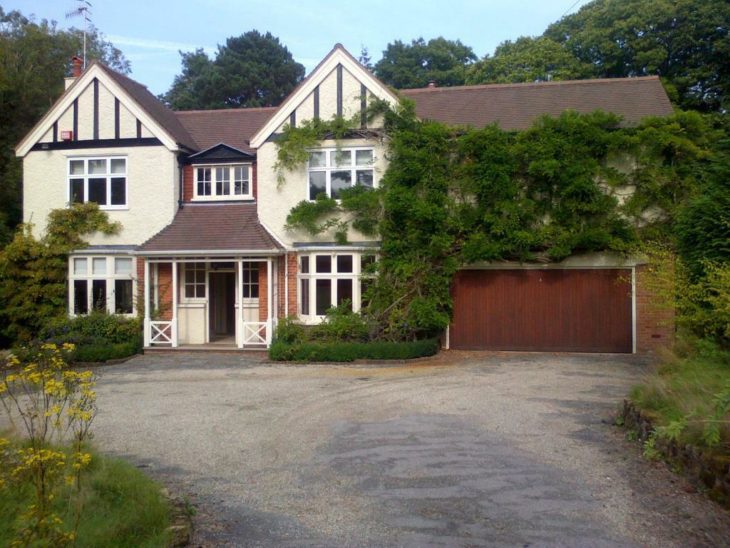Property guardians have become popular in the UK in recent times. These are people who pay cheaper rent on an empty commercial or residential building and in return they are expected to keep the property in good condition and prevent occupation by squatters. The rent paid by property guardians is much lower than standard rent which makes this rental arrangement unique.
Property guardians are often referred to as ”legal squatters” as their occupation of a building keeps off illegal squatters who in contrast do not pay any rent. The process is initiated when the guardian pays to rent a section, room or space in the building and what they pay is far much less than the prevailing rental rates in that area. This mutually benefits both the property guardian and the owner. The owner receives some income and fends off squatters who would not pay anything after coming into the building.
A continuous steep rise in the cost of housing in the UK has led to an increase in property guardians in recent years. By 2024, it has been predicted that first time home buyers will be required to put down a deposit of at least £46,000 and have a salary equal to or higher than £64,000. Currently, in the UK, it costs approximately £ £202,436 to purchase a normal house. Prices are going to continue increasing as years progress. Renting has also become very expensive with the average rental costs going up unabated.

Img source: openaccessgovernment.org
A good example is a fact that the average monthly rent in London is about £1,543 which is more than double the national average. Renting and buying costs are ever rising, making it a challenge for renters to accumulate savings to use as deposits when they decide to purchase a home.
The lower rental fees paid by guardians, approximately 50% of the normal rental fee, has made it attractive to be a property guardian and hence the increase in popularity of this trend. Property guardians will happily reside in these properties and enjoy the lower housing cost as the owners of the properties await permissions to demolish, restructure or get a renter willing to pay the standard rate.
Buildings requiring certain permits for work to commence have increased the myriad of properties available for property guardianship. They include schools, churches, offices, pubs, fire stations etc. There are agencies that link those interested with guardianship to select properties of their choice. Some of the popular agencies are; VPS-Guardians, Live In Guardians, Ad Hoc Property Management, Camelot and Dot Dot Dot.

Img source: loveproperty.com
Contents
What You Require To Become A Property Guardian
Requirements are agency-specific but broadly you have to be employed and you must not have dependencies or pets. Furthermore, many agencies require individuals who do not smoke and who will not be entertaining guests on the premises by hosting events and parties. If required one should always be able to move out within short notice. It is always important to communicate with the agency to know all the specific requirements that they need to be met. For instance, some agencies will not take up graduate students as potential guardians.
According to Camelot, 42% of their property guardian placement is of individuals between the ages of 36 to 65 years. 47% are 26 to 35 years old and the rest are between 18 to 25 years old. Another agency, Live In Guardians indicates that a huge percentage of the guardians they allocate properties are usually in the early stages of their professional careers are usually looking to build up their savings so that they can afford a deposit to purchase a home. All in all, most people hate the idea of spending a large chunk of their paycheck on rent whereas they could spend the money on other aspects of their life, this makes being a property guardian an ideal proposal.
The Benefits Derived From Being A Property Guardian
The obvious benefit is that you are able to get a home or space at a lower rental rate. It costs about half the average standard rental cost of renting a residential apartment or home to be a property guardian. This helps one to reduce their housing costs enabling one to direct the cost savings into other priority areas such as saving for a home or discretionary spending.

Img source: independent.co.uk
Being a property guardian also enables individuals starting their careers or seeking to establish a new life to afford the cost of living in expensive cities such as London in the UK. Without lower rents, these people cannot sustain their lives. Opportunities for property guardianship are especially suitable for people in art and charity fields.
The Drawbacks Of Being A Property Guardian
One of the major drawbacks is that by paying a lower rent, you forego the rights associated with being a tenant which are usually part of tenancy agreements. For instance, you will not get adequate notice, most tenancy agreements offer up to six months, to vacate the building in case the owner requires you to leave. When the owner requires you to move they will only give you a short notice which can be highly inconveniencing for you.
Conclusion
In the above paragraphs, we have explained what property guardians are and outlined the benefits and drawbacks of being one. Ensure that you do your own research before you decide on whether this type of housing arrangement suits you.
